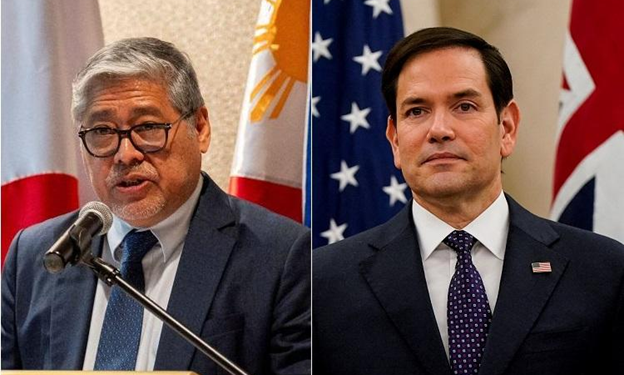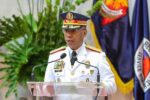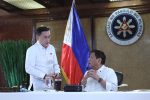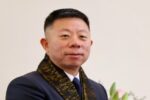PH-US discussed South China Sea, economic cooperation in Munich

Philippine Foreign Secretary Enrique Manalo and US Secretary of State Marco Rubio. File photo
The US State Department said a meeting between Philippine Foreign Secretary Enrique Manalo and his American counterpart, Marco Rubio, in Munich on Friday, discussed bilateral coordination in the South China Sea and increasing economic cooperation.
State Department spokesperson Tammy Bruce said Secretary Rubio not only reaffirmed US commitment to the United States-Philippines Alliance, but noted his enthusiasm for building an even more invested and enduring relationship.
”Discussions included the ongoing bilateral coordination on addressing China’s destabilizing actions in the South China Sea and increasing economic cooperation on infrastructure, critical minerals, information technology, and energy, including through civil nuclear cooperation,” she added.
The meeting came nearly a month after the two foreign secretaries spoke over the phone on January 22 about the state of defense and security cooperation, including US support for Philippine defense modernization and the situation in the South China Sea, where Manila and Beijing have competing maritime claims.
Manalo and Rubio had also agreed to explore a first meeting between Philippine President Ferdinand Marcos Jr. and US President Donald Trump ”in the near future,” the Department of Foreign Affairs said following the phone call.
Marcos stated on January 30 that he would like to meet with Trump to talk about several matters concerning Manila-Washington relations, such as immigration and defense.
Manalo is in Germany from February 14 to 16 for the 61st Munich Security Conference, where he is also expected to meet with European Commission Vice President and High Representative for Foreign Affairs and Security Policy Kaja Kallas.
He will then travel to London to hold bilateral meetings with UK officials, engage the corporate network of think tank Asia House, and have an interactive dialogue with the members of the Chatham House, another independent policy institute.






